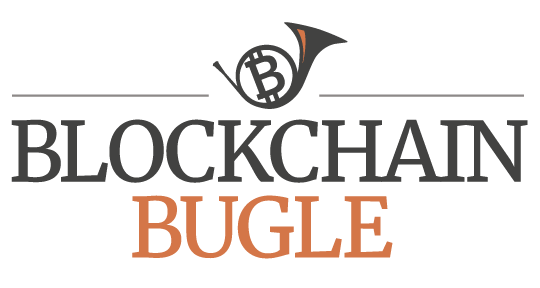Identity 2030

It’s 2030. You own your digital identity. It exists in one place, and is globally accessible. It is private by default and can only be read by you. You may choose to show parts of it to others, but the choice is yours.
You no longer need to log into services online. Your device handles authentication requests on your behalf using a universal authentication process. There is no longer a slightly out of date copy of your identity stored within 200 different organisations, things have changed. When organisations need access to your data, they ask you. Organisations no longer need to retain your personal information, they request it when required, you are in control and your credit card information can no longer be stolen when a company you once ordered pizza from is compromised. Advertisers offer to pay you for access to your identity attributes, so that they can better market products to you, you are free to opt in or opt out. You no longer have a physical passport, or a physical driving license, those are just attributes of your digital ID, endorsed by trusted authorities and provable on request. Physical certificates of ownership no longer exist, your digital ID now links you to the digital assets you own. Your car, your house and your pension are simply entries on a distributed asset register, linked to your identity. You can exchange anything of value online with others without third party involvement, choosing only to transact with other digital identities that have been endorsed by people you trust.
It’s 2030. You are no longer just you. You are represented by a swarm of autonomous applications created by and for you, capable of owning assets, transacting and trading on your behalf, and of complex decision making. Always awake, always connected, these applications exist independently online, on a secure, decentralised platform alongside your own digital identity. You upgrade them occasionally, though some third party features remain costly and unobtainable. These virtual robots handle your basic administration, they manage the stock in your fridge as well as disbursing payment when your car refuels, they ensure the heating is on when you get home, that you are using the most efficient utility suppliers, and in an emergency, they will alert response teams on your behalf….
Read the full Identity 2030 story on the Deloitte Innovation Blog, and to find out more contact Tyler Welmans from the Deloitte Blockchain Lab.
Tyler Welmans – Senior Manager, Deloitte Blockchain Lab
Tyler is a Senior Manager who spent 10 years in industry across legal, telco, media and FSI environments before joining Deloitte Digital in 2012 where he developed a focus on public sector consulting. Tyler is passionate about emerging and disruptive technology, particularly trends that can positively impact society, and is keenly interested in Digital Identity, the Internet of Things, and Blockchain technology. Tyler co-founded the Deloitte Blockchain Lab in 2015.


